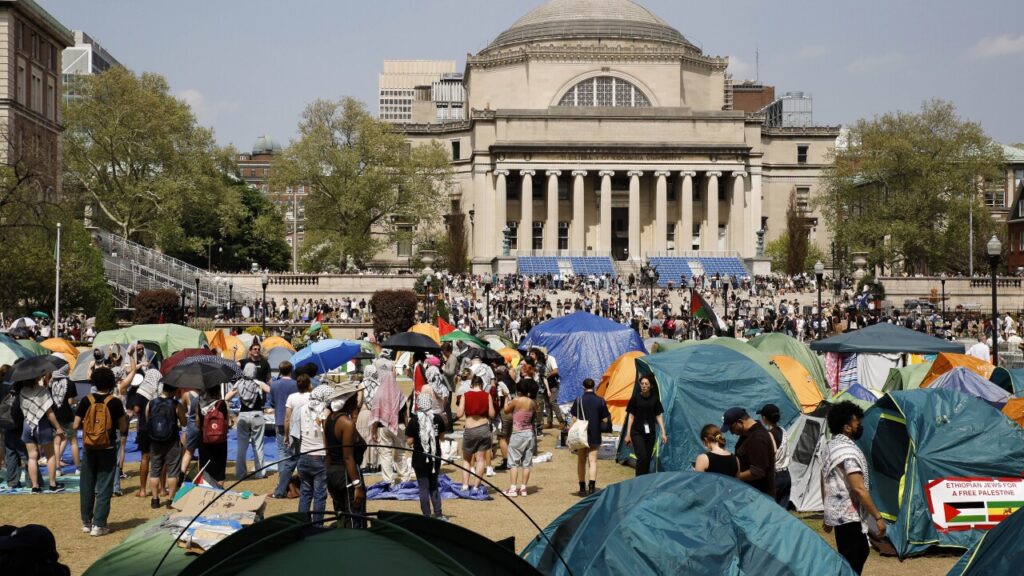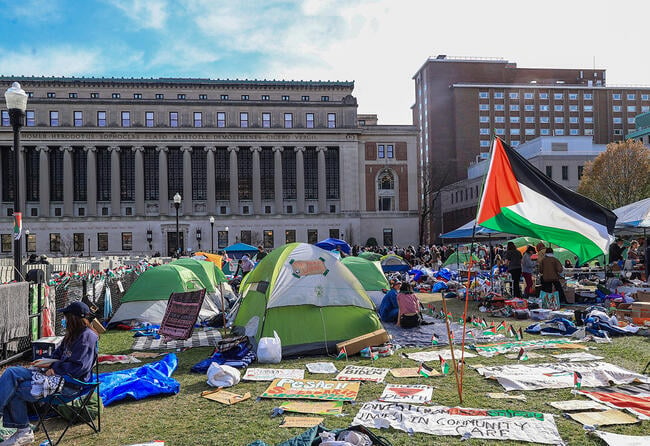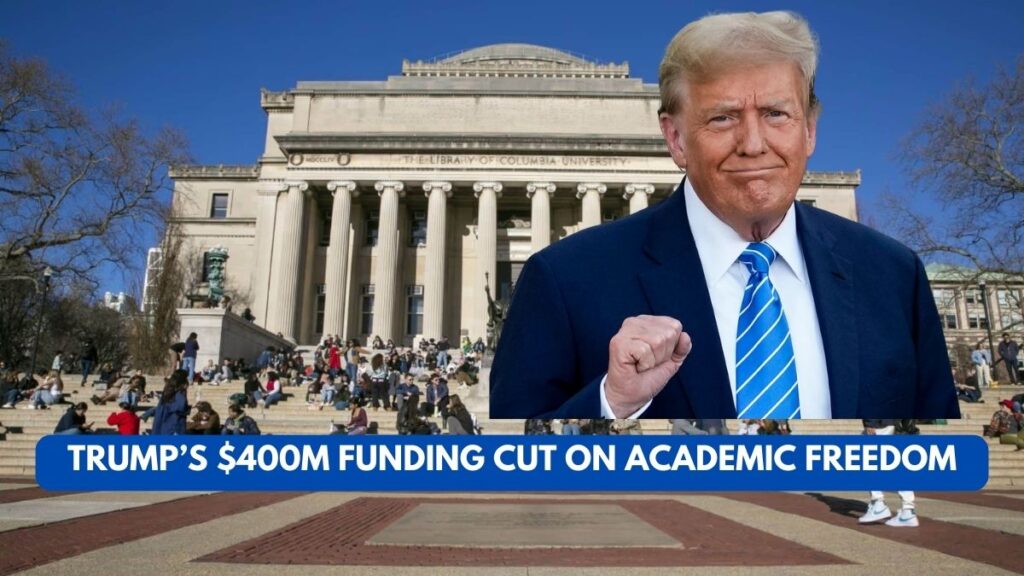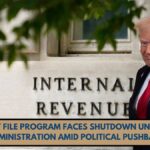Columbia University, one of the United States’ most prestigious institutions, is at the center of a major controversy following the Trump administration’s decision to revoke $400 million in federal funding.
The move, which has ignited debates on academic freedom, institutional governance, and political influence, stems from Columbia’s handling of student protests related to the Israel-Gaza conflict.
This funding cut is already having significant repercussions on research, student programs, and faculty policies.
The Justification Behind the Cut
The Trump administration justified the decision by citing concerns over the university’s management of anti-Israel demonstrations on campus and the alleged failure to adequately protect Jewish students.
The administration argued that Columbia was fostering an environment hostile to certain student groups, prompting federal intervention.

New University Policies in Response
In an attempt to restore funding and align with federal expectations, Columbia University has implemented a series of policy changes, including:
- Stricter Protest Regulations: Demonstrations inside academic buildings have been banned to prevent disruptions to university operations.
- Prohibition of Masks During Protests: A new rule prohibits students from wearing masks during protests, ensuring transparency and accountability.
- Redefining Antisemitism: The university has revised its definition of antisemitism in accordance with federal guidelines, a move welcomed by some but criticized by others as a suppression of free speech.
- Increased Oversight of Middle Eastern Studies: Columbia placed its Middle Eastern, South Asian, and African Studies department under direct supervision of a senior vice provost.
Fallout Among Faculty and Students
The faculty at Columbia has voiced strong opposition to these measures, arguing that they undermine academic freedom.
The American Association of University Professors (AAUP) and the American Federation of Teachers have jointly filed a lawsuit against the Trump administration, claiming that the funding cut and subsequent policy changes amount to government overreach and a violation of free speech rights.
The Lawsuit Against the Trump Administration
Legal experts have weighed in on the matter, with some arguing that Columbia’s autonomy is being compromised under the threat of financial pressure.
The lawsuit, now pending in federal court, could set a precedent for how the government interacts with educational institutions in matters of political expression and protest policies.
Impact on Research and Student Programs
The withdrawal of $400 million in federal funding has left Columbia scrambling to fill financial gaps in research projects, student scholarships, and infrastructure investments. Notably, several key research programs in medical and scientific fields have been jeopardized, including:
- Cancer Research Initiatives: Federal grants supporting cancer treatment studies are now at risk.
- COVID-19 Studies on Children: Ongoing research on the long-term effects of COVID-19 in children has lost crucial funding.
- STEM and Engineering Grants: Advanced technological research and innovation have been significantly affected.
Political Reactions and Public Debate
Reactions to the funding cut have been deeply divided. While some lawmakers and advocacy groups support Trump’s move as necessary to curb what they see as anti-Israel bias, others have condemned it as a direct attack on higher education and free speech.
Government and Advocacy Responses
- The Department of Education defended the funding withdrawal, stating that universities must ensure a safe and inclusive environment for all students (U.S. Department of Education).
- The American Civil Liberties Union (ACLU) condemned the decision, warning that it sets a dangerous precedent for governmental interference in academic institutions (ACLU).
- Columbia’s Student Government Association has organized rallies in support of reinstating funding while urging the administration to protect students’ rights to protest (Columbia University).

What’s Next for Columbia?
The university faces an uphill battle in negotiating with the federal government while maintaining its commitment to academic freedom.
While some policy changes may be necessary to regain lost funding, Columbia must navigate the challenge of protecting free speech without compromising its financial stability.
The outcome of this situation could have long-term consequences not only for Columbia but for higher education institutions across the country.
Universities nationwide are watching closely, as this case could redefine the balance between federal oversight and institutional autonomy.
Conclusion
Trump’s $400 million funding cut to Columbia University has sparked a national debate over academic freedom, government influence, and financial dependency on federal grants.
With research projects at risk, student protests continuing, and a legal battle underway, the road ahead remains uncertain.
However, one thing is clear: this case could set a significant precedent for how politics and education intersect in America.
For updates on this case, visit the U.S. Department of Education (www.ed.gov) and Columbia University’s official website (www.columbia.edu).
This article has been carefully fact-checked by our editorial team to ensure accuracy and eliminate any misleading information. We are committed to maintaining the highest standards of integrity in our content.

Himanshu Sharma writes for Weekend Spy, focusing on recruitment, government schemes, and current affairs. He is dedicated to making complex information accessible to readers.
Himanshu enjoys playing chess, hiking, and trying new recipes, always seeking ways to combine his love for writing with his passion for exploration. Connect with Drop him an email at [email protected].







